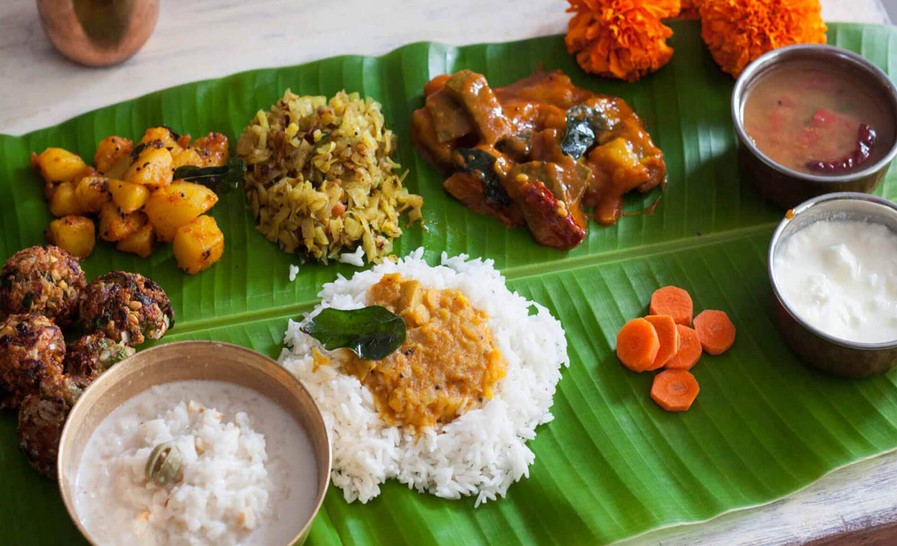What happens when the Jungian archetypal memory of a community’s past has not been successfully reconciled with its present? This question may provide valuable insights into many of the ethnic unrests in the Northeast. Here are tribal communities, many of whom “non-state bearing” as James C. Scott puts it in Art of Not Being Governed: An Anarchic History of Upland South East Asia, waking up the reality of the state in the postcolonial world and desiring one for themselves, but finding out they are already part of another state. There are others amongst whom the state had emerged and internalised, but are now part of another state.
Of the latter category, the case of the Meiteis, Manipur’s majority community, is of interest. This community turned Hindu in the early 18th Century. A personality split is the result. This duality manifests most strongly to this day during ritualistic celebrations. Until not so long ago, partaking in both had come to be accepted without discord as the new and composite syncretic identity of the community. This is still so, though in recent times, emergence of a strong revivalist movement has come to cause a fissure between the two again.
Although Hinduism’s influence goes much farther in the past, Meiteis turned Hindu in the early 18th Century when their king, Meidingu Pamheiba came under the influence of Vaishnav faith and decided to make Vaishnavism the state religion. The problem is, the community at the time already had a very strong national identity, with very well established administrative, economic, cultural, social and religious institutions. The king decided to erase this past and begin a new history altogether. There are many theories why he did this, not the least being the reality of history at the time. He constantly faced a very militantly aggressive neighbour, kingdom of Ava, in the east, and the from the west, there were incessant messages of love and empathy of the Bhakti movement. He chose the latter.
But starting a new history also meant bringing his subjects in line with a new social and cultural order, and this would have had to be traumatic. He embarked on burning and destroying ancient books of the Meiteis known as puyas in 1729. He then abolished the old Sanamahi religion as well as ordered the replacement of the Meitei indigenous script (Mayek) by the Bengali script. These are just some of the evidences of the turmoil at this turn of fortune. The Meitei’s split personality problem of today is on account of a persistent memory of the old and passionate national identity. The fact that many tribal communities in the state and Northeast had much less problem turning to another religion – Christianity, in the early 20th Century, is again a pointer to the source of the problem.
Most recently, the celebration of Cheiraoba (Chei-raoba or Chahi [year] raoba/laoba [shout/announce]), the Meitei new year, marked by two dates, brought this identity crisis to the fore. The two Cheiraoba days, one following the lunar calendar and the other the solar calendar is a legacy of this 300 year old friction, and some called for endorsing the lunar calendar date only. The lunar calendar is obviously the original as in the case of a majority of traditional agrarian communities throughout the world. The cyclic changes in the appearance of the moon – its waxing and waning phases etc., are visible to everyone everywhere in the world and easier to calibrate, hence it is small wonder that identical lunar calendars evolved amongst numerous indigenous communities. Indeed, traditional celebration of the onset of Spring in India too is dominated by the lunar calendar date and not the solar one.
In Freud’s Mourning & Melancholia, he draws a fine line to distinguish between ‘mourning’ and ‘melancholia’. In ‘mourning’, the mourner and the loss mourned remain separate, hence the mourner can leave what is irretrievably lost behind without disowning it. In ‘melancholia’ the lament itself becomes the goal and obsession, therefore a condition much more difficult to leave behind. It is a difficult choice, but on it will depend the ability of those afflicted by such problems to reconcile their past and present. Demons of the past must be exorcised without disowning the past.
This article was first published by The Telegraph, Kolkata. The original can be read here










